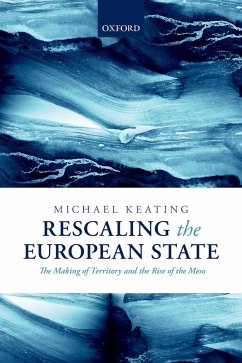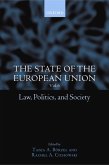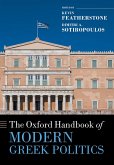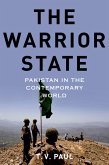Social scientists have regularly proclaimed the end of territory under successive waves of modernization, yet it continually re-emerges as a key principle of social, economic, and political organization. Rather than a de-territorialization we are witnessing a rescaling of social life as functional systems, identities, and political expression migrate to new levels. This is not new, but is a recurrent feature of the European state. States have sought to reassert control over these new spaces, while political and social movements have sought to politicize them and open them up to popular influence. The result has been the emergence of the meso-level or region as set of contested spaces, and increasingly as a level of government. Social and economic interests are refracted at these new territorial levels to reshape the policy agenda and create new social alliances and conflicts. Regions have emerged as spaces for public policy, with significant divergences over economic development, welfare policies, public services and environmental issues. Rescaling poses important normative questions about self-determination and social solidarity. These cannot definitively be resolved but are reframed, with new forms of self-government being possible and social solidarity emerging at new levels. Competitive regionalism has become a dominant theme but there is no generalized race to bottom as regions respond to the challenge in multiple ways. Regions are not going to replace the nation-state as they remain loosely-bounded and contested spaces but territory continues to reshape European polities. Drawing on a rich interdisciplinary literature and on original research, the volume provides a fresh and engaging analytical approach to the understanding of territory and power in contemporary Europe.
Dieser Download kann aus rechtlichen Gründen nur mit Rechnungsadresse in A, B, BG, CY, CZ, D, DK, EW, E, FIN, F, GR, HR, H, IRL, I, LT, L, LR, M, NL, PL, P, R, S, SLO, SK ausgeliefert werden.









